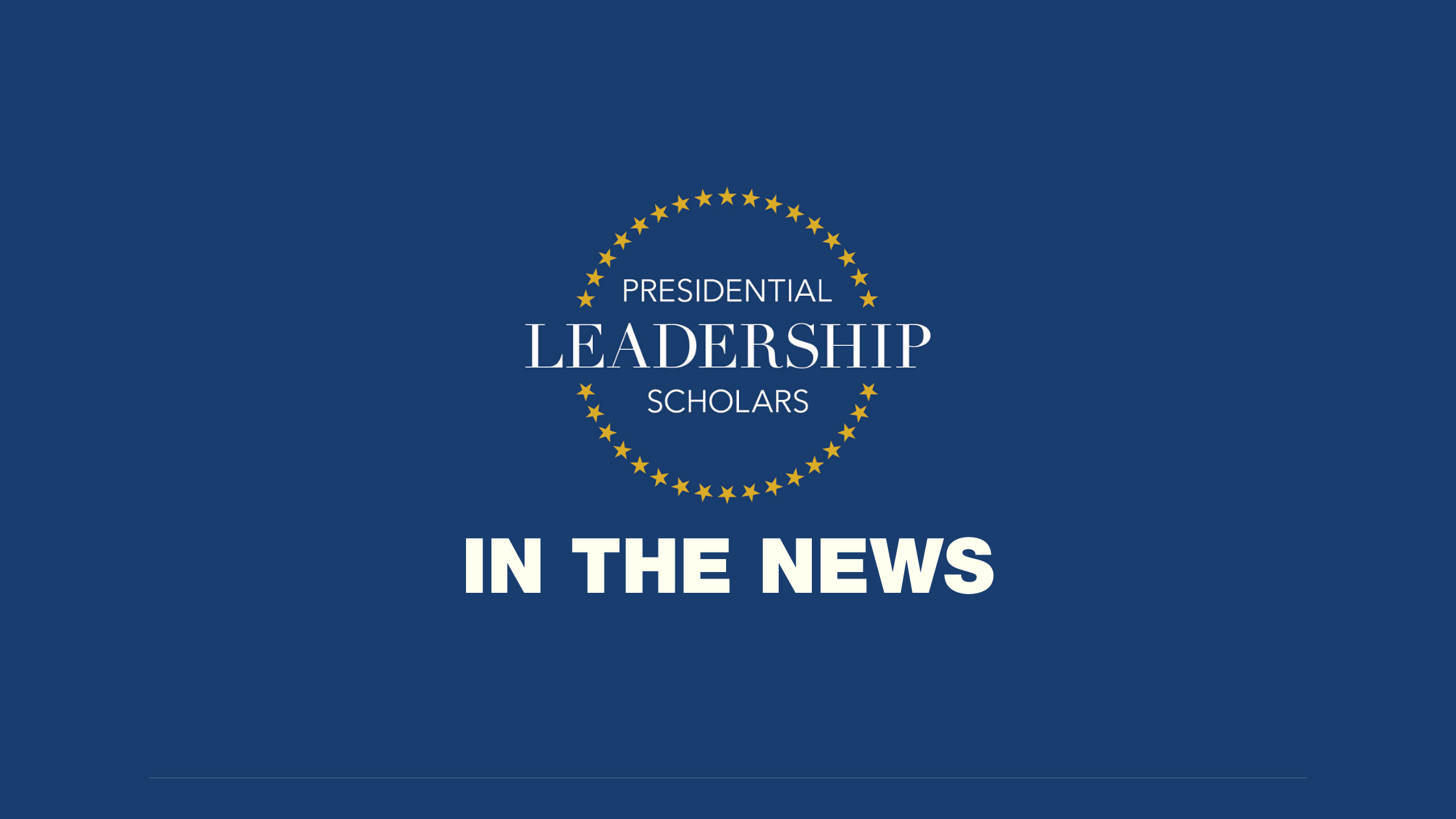Presidential Leadership Scholar Desiree De La Torre, Director of Community Affairs and Population Health Improvement at the Children’s National Hospital, discusses how PLS taught her the importance of building strong collaborations, especially with those from other sectors, to support lasting, positive change.
Please tell us a little bit about yourself and your personal leadership project (PLP).
Being the first in my family to go to college, it has always been important to me to focus on how I was making a positive impact on behalf of my family and community. For over 15 years, I have worked within complex health care systems to develop and strengthen meaningful relationships with communities built on trust and mutual respect. I do this every day and incorporated it into my personal leadership project (PLP).
My PLP was to create a school friendly health system (SFHS). An SFHS – which can include any entity that manages or provides health care services or programs, such as hospitals, clinics, and health centers – is designed to ensure that all children achieve optimal health and reach their full academic potential.
An SFHS builds upon lessons learned from other initiatives to better position health systems to meet the needs of specific populations, such as the nationally recognized baby friendly hospitals and age friendly health systems initiatives. These efforts have shown that guiding organizational frameworks can have significant positive impact on patient and family experience, health care costs and health outcomes. With a focus on the school population, a framework for school friendly health systems has the potential to position health systems to support improved academic outcomes.
With broad input from expert stakeholders, including pediatricians, educators, school administrators, school nurses, parents and community health experts, our team at Children’s National Hospital in Washington, D.C., published a framework of the core principles of an SFHS in September 2023. The framework includes five principles that reflect a broad range of competencies, practices, and policy positions that health and school health experts view as emblematic of an SFHS – some already practices, some aspirational.
As for next steps, we are seeking funding to continue to support the SFHS Learning Collaborative and evaluation efforts and welcome any ideas and connections.
Please give us an update on what you have been working on since completing the Presidential Leadership Scholars program.
Our PLS 2020 class spanned across a couple of years due to the pandemic. Because of this unique experience, we were able to support each other personally and professionally – from helping each other navigate crucial conversations about the pandemic, racism, and politics to supporting each other with career changes and promotions, and growing families. My PLS family helped me transition into a new role as a mother with the birth of my son a couple of years ago and the recent birth of my daughter.
Professionally, I have been promoted as the Executive Director of Community and Government Affairs in the Child Health Advocacy Institute (CHAI) at Children’s National. The CHAI, through leadership and collaboration, advances policy and systems change to achieve health equity for children. In my new role, I will lead efforts to further align our community health improvement and advocacy work. Core to this role is the development and implementation of a strategic legislative, advocacy, and community health improvement plan.
Your role at Children’s National Hospital involves building and fostering strategic partnerships with different communities. Strategic partnerships is also one of four leadership pillars explored in PLS. How do you utilize these learnings from the program in your daily work?
During one of our PLS modules, I remember how one of the champions of the American Disabilities Act, Lex Frieden, described how strategic partnerships with community and national organizations was critical to propelling the American with Disabilities Act forward. In my role at Children’s National, it’s important for me to work across sectors and with our community to address the many factors that contribute to a child’s health, like having access to a high-quality education, an affordable place to live in a safe neighborhood, and healthy food to eat. What I learned from the PLS program is that we need to look for ways to build strong collaborations, especially with those from other sectors, to support lasting, positive change.
You recently led an initiative to update the School Friendly Health Systems Framework. Can you discuss the need for this holistic framework and how it supports children’s health and learning?
We know that education is a critical social driver of health, and addressing health needs is essential to effective educational outcomes. Studies repeatedly demonstrate this critical linkage. Children with poor health tend to have higher school absenteeism rates and lower academic achievement and are at risk for learning setbacks that interfere with their school experience. On the other hand, education can create opportunities for better health – adults with more education tend to have better jobs, live in healthier neighborhoods, and have better access to resources that contribute to better health. For us, it’s clear that supporting education is a health intervention. Given the inherent, mutually reinforcing connection between health and education, we collaborated with other hospital teams and health organizations to undertake an initiative to help health systems become school friendly – supporting children and their families from early childhood through high school and beyond.
What impact do you envision the School Friendly Health Systems Framework will have on overall student performance?
Hospitals and health systems have demonstrated the ability to help children achieve fulfilling learning experiences that contribute to better academic outcomes and success. For example, some hospitals are working to decrease health-related school absences; many more are creating accessible services and improved care coordination in schools, especially as it relates to mental health and wellness. We believe this framework can help health systems better support the education of children in the community it serves at every touchpoint – including effective school partnerships, clinical interactions, and systems and policy design focused on education. Both our sectors are critical community pillars. We touch every community member, whether as service providers, employers, or convening hubs. We are already working collaboratively in innovative ways in communities across the country. Together, we can ensure all children achieve optimal health and reach their full academic potential.

